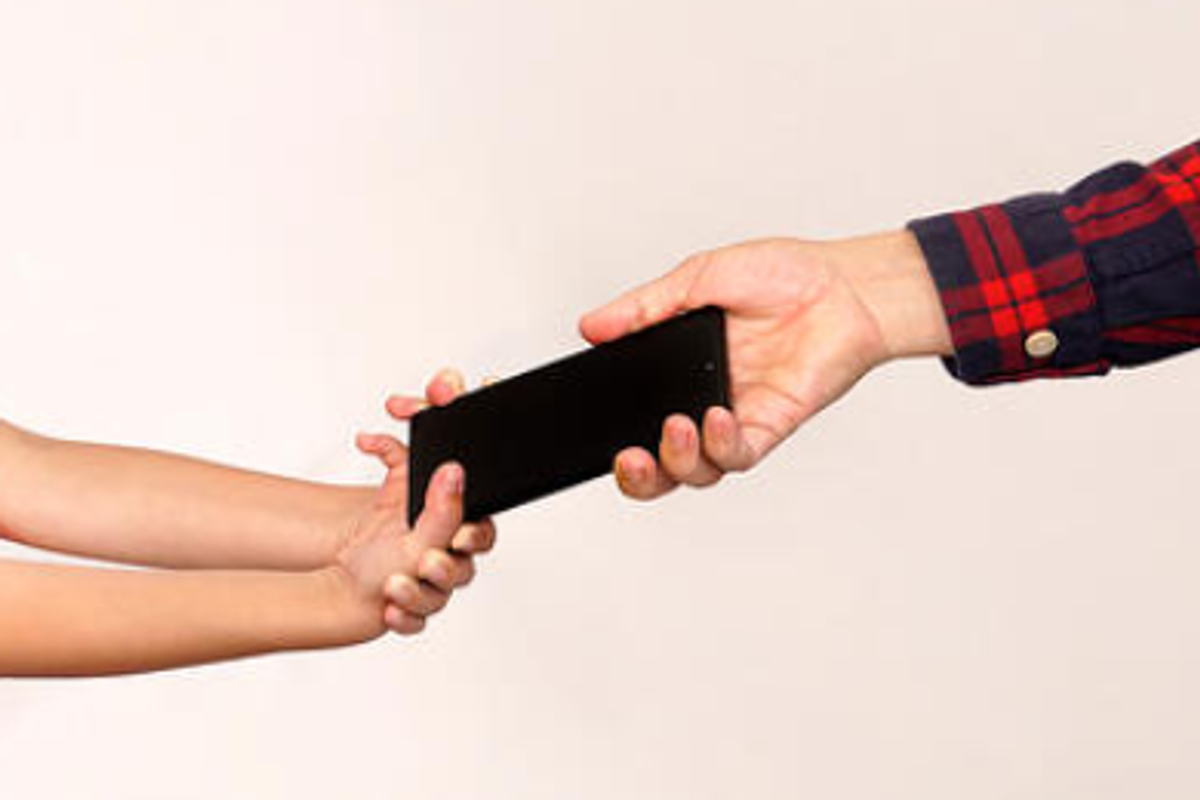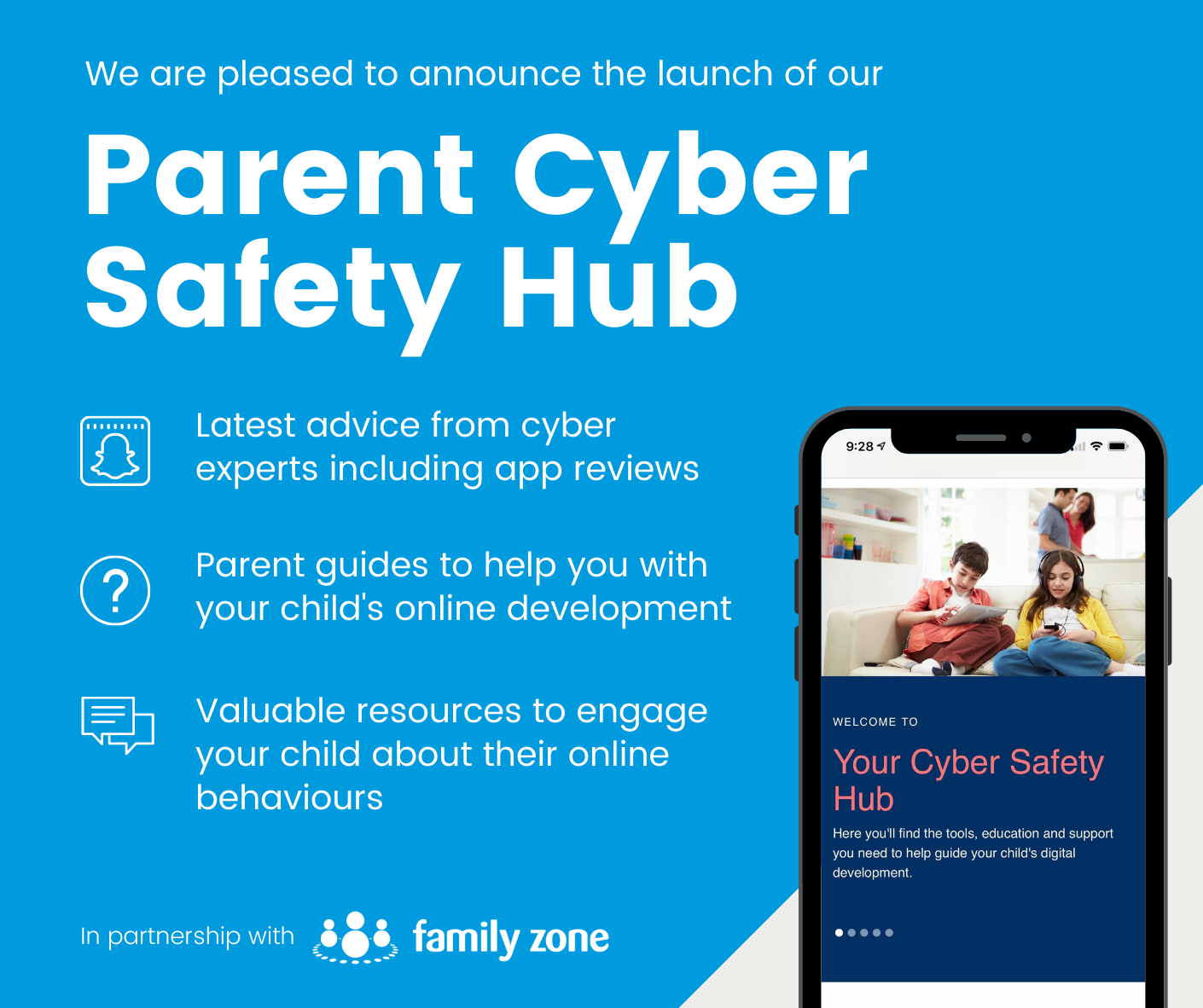Cyber Safety

Digital grounding: Should you ban screens as a punishment?
Roughly eight in ten parents use "digital grounding" as a discipline strategy. But how effective is it as a way to make kids behave?
Two-thirds of today’s mums and dads say it’s harder to be a parent than it was 20 years ago. The top reason they cite? You guessed it: Technology.
Specifically, the mums and dads surveyed cited
- The impact of digital technology (26%)
- The rise of social media (21%)
- The way access to technology exposes kids to the adult world (14%)
to explain why parenting was more challenging today than then they themselves were growing up.
Seven out of ten parents of kids under age 12 report concern about their screen-time, according to Pew Research conducted justs before the pandemic. The same number worry that their children’s smartphone use will result in more harm than good.
Among their concerns were kids’ ability to develop healthy friendships, to achieve academically, and to pursue creative hobbies and interests.
And that’s in addition to myriad other tech-related worries: online predators, sexually explicit and violent content, cyberbullying and harassment.
A common practice
So it’s no wonder that 86% of parents of kids aged 5 to 11 told researchers they limit when and how long their children can use screens. And a whopping (though not surprising) 80% said they take away devices or internet privileges as a punishment.
Obviously, “digital grounding” is a common practice. But should it be?
Contrary to what may seem like common sense, the answer is an emphatic “no.”
“Using technology as a bargaining chip can have adverse effects,” says Dr. Joanne Orlando, a researcher in technology and learning at Western Sydney University. Dr. Orlando examined the practice in 50 Australian families and found digital grounding eroded trust, while placing the emphasis on “use” versus “quality of use.”
When teens are digitally grounded - for example, taking away a phone as a punishment for rudeness - parents see the strategy as “working,” i.e., teaching their child a lesson about appropriate behaviour.
Perhaps most worrying of all, when teens are banned from technology, the biggest lesson they learn is that their parents can’t be trusted.
But teens themselves had an entirely different take.
“If their phone was taken away, they often withdrew from their parents. Instead of focusing on what they'd done wrong, they fixated on not having a phone and finding someone else's to use in the meantime,” Dr. Orlando found.
Perhaps most worrying of all, when teens are banned from technology, the biggest lesson they learn is that their parents can’t be trusted. As one 15-year-old told Dr. Orlando, “I don’t tell my parents much now about what happens to me because I don’t want my phone taken off me.”
The children in her study protested digital grounding in part because it often seemed random, unrelated to the misbehaviour in question. Kids were far more likely to accept a punishment that clearly “fit the crime.”
Only if the issue is in fact technology-related - for example, a child bullying another child online - is digital grounding a useful strategy, Dr. Orlando advises.
Gavin McCormack, the principal at Farmhouse Montessori School in Sydney, echoes Dr. Orlando’s views. His advice?
“Never use technology as a reward or punishment. When we stigmatise tech as something we get when we are good or lose when we are naughty, we emphasise its use.
"If we want our children to be able to live with or without tech, we must treat it as something normal, just another addition to their day. Normalise its use.”
Reference: https://www.familyzone.com/anz/families/blog/digital-grounding-ban-screens-as-punishment
Cyber Safety Hub
We are delighted to introduce you to a new resource made available to you through our partnership with Family Zone - our new school Cyber Safety Hub.
As you may already be aware, our partnership provides your family with access to the Family Zone tools to use at home with your children if you wish. The purpose of the Cyber Safety Hub is to complement those tools with practical guidance and information to further support you in engaging with your children in their digital development. These tools and resources also allow the school and parent body to work together on creating a holistic approach to guiding each student's online journey.
About the Parent Cyber Safety Hub
The Cyber Safety Hub includes resources to help your family better understand the different Family Zone tools available to you and how to use them, plus access to regular cyber safety events to help you stay informed about the latest digital trends.
Also, the Cyber Safety Hub provides expert advice from leading cyber experts, ySafe, on the most pertinent issues and frequently asked questions around platforms like TikTok, Fortnite, Instagram, and more. There are app reviews with age and safety recommendations, along with a range of guides to help ensure healthy boundaries around screen-time & gaming, plus step-by-step instructions for using parental controls and filtering out inappropriate content.
We are very excited to be able to offer you this level of expertise and support. We look forward to working closely with you as we develop the cyber safety conversation within our school community.



